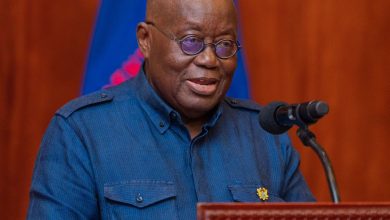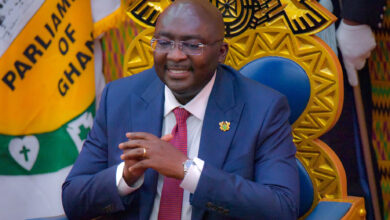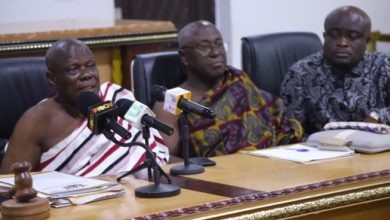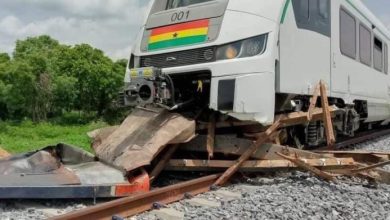Ghanaians prefer peaceful polls to free, fair elections – CDD Report
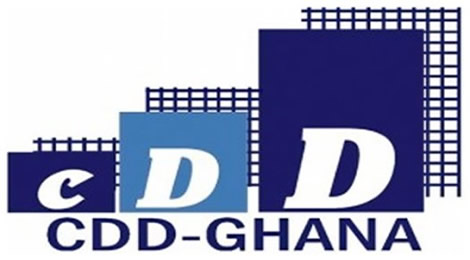
The latest pre-election survey conducted by the Ghana Centre for Democratic Development (CDD-Ghana) has found that Ghanaians would rather have peaceful elections than fair ones.
The survey, which was conducted between September and October this year, had some 2,400 respondents from all regions who were equally split between men and women. The survey was conducted in 166 districts around the country.
The survey found that some 66 per cent of respondents would prefer the 2020 election to be entirely peaceful, even if it is not completely free and fair, whereas some 24 per cent of respondents would rather that the elections be completely free and fair, even if it is not entirely peaceful.
In the same vein, 80 per cent of persons interviewed said that they would prefer a completely free and fair election, even if their candidate lost.
On the other hand, 21 per cent of persons interviewed said they would prefer their favourite candidate to win, even if the election is not completely free and fair.
The survey also showed that a large majority of Ghanaians believe that their votes have an effect. To this end, 85 per cent of respondents said that elections enable the voter to remove leaders who do not do as the people want from office.
National trajectory
The report found that Ghanaians are evenly split on whether the country is going in the right direction. While 47 per cent believe it is, 47 believe it not going in the right direction. A small number (6 per cent) were unsure about the direction of the country.
Economic condition
On the national economic condition, a majority of respondents (57 per cent) believe the situation is bad. A small number (13 per cent) are unsure about the current economic situation of the country while some 30 per cent are optimistic about the country’s economic condition.
Responding to how they thought the country had fared economically with the coming of the coronavirus disease, 69 per cent of respondents thought that the situation had worsened.
While 49 per cent of respondents are of the view that economic conditions have worsened over the last 12 months, 69 per cent were optimistic about the economic prospects in 12 months from now.
Personal economy
At the personal level, while 55 per cent of respondents interviewed in this survey thought that they were faring badly economically, 34 per cent stated that their living conditions were fairly good.
On the impact of the coronavirus on their living conditions, 65 per cent of respondents stated that their conditions were much worse than they were prior to the outbreak of the pandemic.
Government’s performance
Topmost among the concerns of interviewees was the provision of infrastructure (51 per cent) and unemployment (46 per cent). Education came third as the concern for most respondents (28 per cent), followed by health and the economy (21 and 20 per cent respectively).
Most respondents (52 per cent) said that the government had done fairly well in handling their concerns in these areas. Another 46 per cent thought the government had done very badly in its delivery in these areas.
On the government’s management of the economy, 60 per cent said it had done very well while 38 per cent thought otherwise.
Government’s performance in the creation of jobs was positively perceived among 56 per cent of respondents while its performance in the improvement of living standards received a thumbs-up among 54 per cent of respondents.
As far as the fulfilment of its 2016 campaign promises go, the government scored a high mark of 85 per cent among respondents for the implementation of the Free SHS policy. It had similar ratings in the revamping of the National Health Insurance Scheme (66 per cent) and in the fight against illegal mining (55 per cent).
It didn’t fare as well in the fulfilment of the ‘One District, One Factory’ and the ‘One Village, One Dam’ policies, where it scored 48 per cent and 46 per cent respectively.
Trust in institutions
Respondents in the survey displayed a high level of confidence in the state institutions that are related to the elections.
First among these is the Ghana Armed Forces, which most respondents (91 per cent) believed was well prepared for the upcoming polls.
The media was also viewed positively as far as preparedness towards the election is concerned, with 89 per cent of interviewees affirming trust in them.
The Ghana Police Service was next, with 87 per cent of respondents expressing confidence in their election preparedness.


